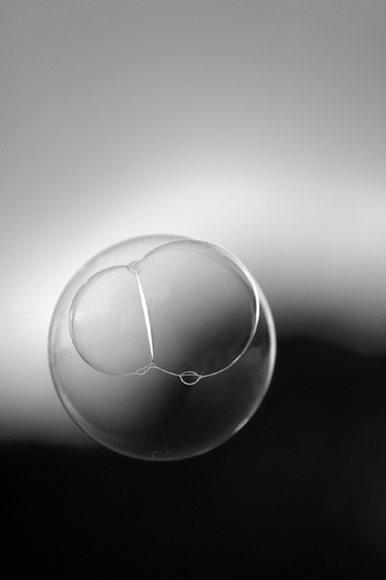Top Five or Ten: The pithy plinth of Real Science
Occasionally we find ourself a humanist on the moon here at the Chicago Blog, though not without sensitivity towards our more rarefied friends who yield to Aristotle and the laws of nature. Scientists: those chroniclers of phenomena and behavior with interesting Kepler tattoos and jokes about Karl Popper and inductivism. We kid? But we do wish to point out the interesting—and complicated—space that emerges when works in the history and philosophy of science meet the much-charted forms of the contemporary book review and author interview. Perhaps exemplified no better than in the call-in public radio talk-show (cited below!), this realm of scientia curiosa abets a natural TOP FIVE OR TEN list of highlights and lowlights in reviews and ‘views, recently registered. Onward!
**
“It sounded a bit like Maria was on the line from Mars.”
From a live, call-in interview on Newstalk Ireland with Maria D. Lane, author of Geographies of Mars: Seeing and Knowing the Red Planet (full podcast available here)
**
“Are you of the opinion that one of earth’s magnetic poles might have been tidally locked to THE MOON many, many years ago?”
From Ronald T. Merrill’s recent appearance on Science Friday’s (with Ira Flatow!) “The Poles, They Are A Changin'” discussing Our Magnetic Earth: The Science of Geomagnetism
**
“One of the defining books (though this is the revised edition to the first version) in the history and sociology of science. Probably can read this in relation to some follow-up articles in ‘Essential Tension.'”
From the blog Unquiet Mind of an Academic Libertine, in which a PhD student preps (annotations!) for her field list in science studies with Thomas S. Kuhn’s The Structure of Scientific Revolutions
**
“Such provocative findings, and Winsberg’s exceptionally readable account of the reasoning that led him to them, will interest many general readers as well as scientists and philosophers of science.”
From Richard C. J. Somerville’s Science review of Eric B. Winsberg’s Science in the Age of Computer Simulation (a great von Neumann microhistory, to boot!)
**
“Readers of this pluralistic narrative are left with a revitalized appreciation for scientific virtues: why they mattered in late modern technoscience and why they continue to matter in the world to come.”
From a review of Steven Shapin’s The Scientific Life: A Moral History of a Late Modern Vocation on the aptly named blog The Bubble Chamber (“Where history and philosophy of science meet society and public policy”)
Additional interviews with Shapin about the book are available here and here
**
And one more, perhaps unrelatedly? A grain of salt (unscientifically) tossed over the shoulder:
“Even if the open windows of science at first make us shiver after the cozy indoor warmth of traditional humanizing myths, in the end the fresh air brings vigor, and the great spaces have a splendor of their own.”—Bertrand Russell



